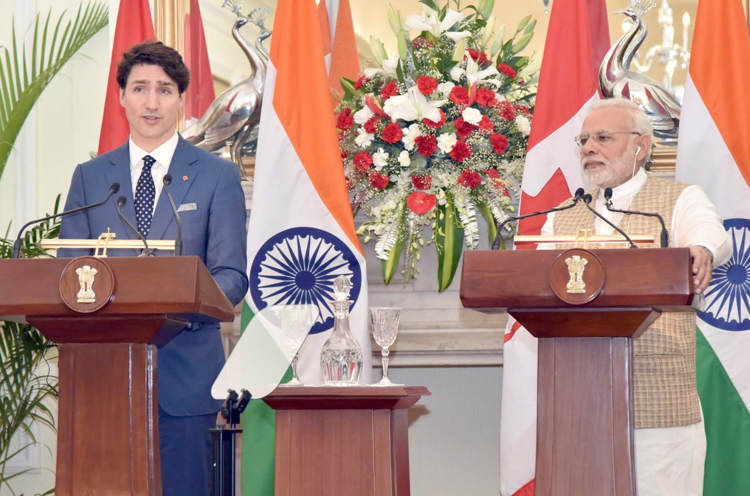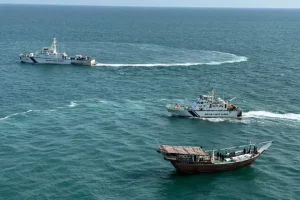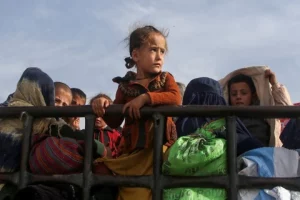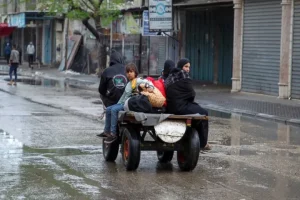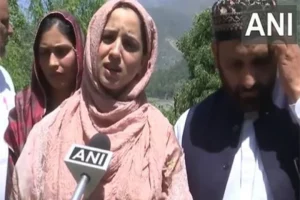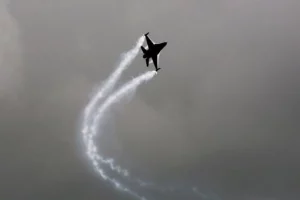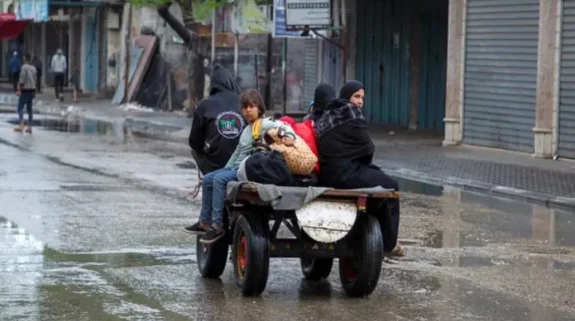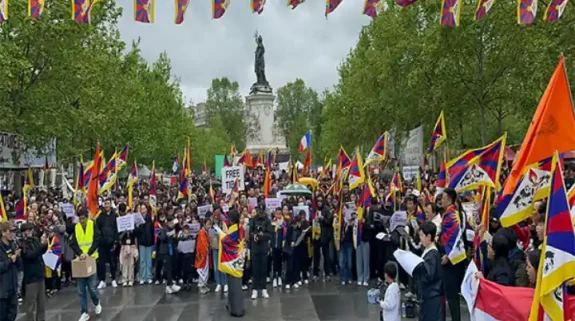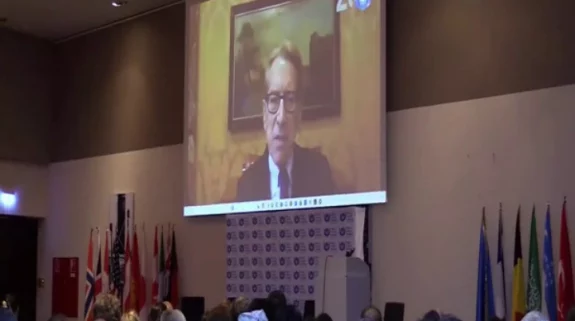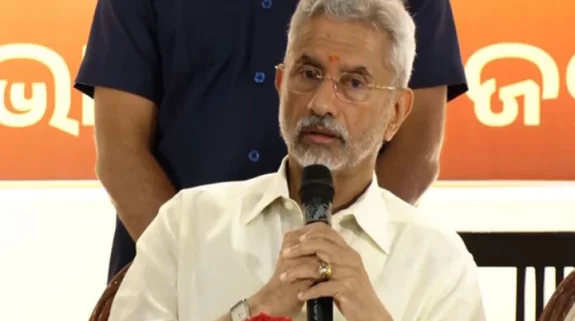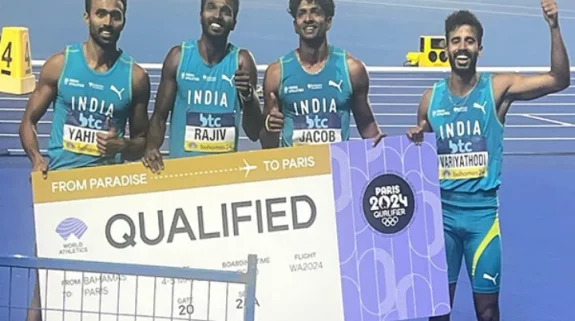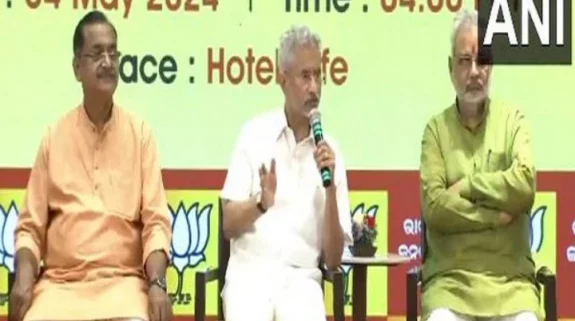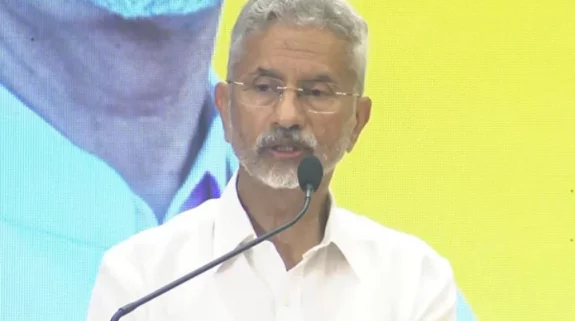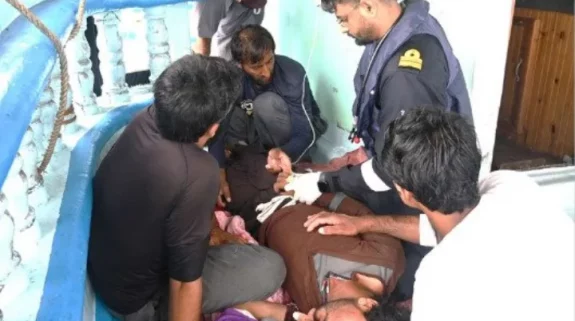With Canada Prime Minister Justin Trudeau telephoning Prime Minister Narendra Modi with a request for India-made coronavirus vaccines on Wednesday, the two countries appear to have bridged a gap in bilateral ties that had opened up over the protests against the new farm laws.
The Ministry of External Affairs (MEA) issued a statement on Wednesday saying Modi received a telephone call today from Trudeau about Canada's requirements of Covid-19 vaccines from India. In turn, Modi assured the Canadian PM that India would do its best to support Canada's vaccination efforts, just as it had done for many other countries.
In a warm appreciation of India's efforts to support nations mitigate the pandemic, Trudeau said that if the world managed to conquer Covid-19, it would be significantly because of India's tremendous pharmaceutical capacity and Modi's leadership in sharing this capacity with the world.
Modi too opened up by tweeting: "Was happy to receive a call from my friend @JustinTrudeau. Assured him that India would do its best to facilitate supplies of COVID vaccines sought by Canada. We also agreed to continue collaborating on other important issues like Climate Change and the global economic recovery."
India and Canada relations had nosedived over the past couple of months after Trudeau's remarks on the farmers' protests, which have found support among the Punjabi diaspora in the West. In December, the Canadian Prime Minister had said: "I would be remiss if I didn't start by recognising the news coming out of India about the protests by farmers. The situation is concerning, and we are all very worried about family and friends. I know that's the reality for many of you."
Reacting to Trudeau's remarks, the Indian government had issued a strong statement saying that relations between the two countries would be damaged if Canada continued to interfere in India's domestic affairs. The MEA had even summoned the Canadian High Commissioner and said that comments by Canadian cabinet ministers and Members of Parliament on issues relating to Indian farmers "constitute an unacceptable interference in our internal affairs."
The MEA also referred to protests outside the Indian High Commission and consulates in Canada. It said that comments by Canadian leaders are encouraging gatherings of extremist activities in front of Indian missions leading to issues of safety and security. "We expect the Canadian Government to ensure the fullest security of Indian diplomatic personnel and its political leaders to refrain from pronouncements that legitimise extremist activism," the government said.
Around the same time that Trudeau made his comments in support of the farmers in India, Canada-based individuals and organisations had taken out a car rally in Brampton in December and once again on India's Republic Day to spite the Indian government.
Intelligence agencies in India have been worried that the farmers' protests, being led by Punjab and Haryana farmers, are being influenced by pro-Khalistan and Pakistani elements based in Canada, the US, Europe and the UK.
The foreign support for the farmers in India has put the spotlight on numerous Canada-based organisations, many of which have been at the forefront of demanding Khalistan. 'Peace For Justice', led by Mo Dhaliwal, a self-declared Khalistan supporter, was in news for mobilising celebrities like singer Rihanna and activist Greta Thunberg to support the farmers.
Similarly, the Sikhs For Justice (SJF) which has offices in the US, Canada, the UK and Australia has been propagating violence against India. Headed by Gurpatwant Singh Pannu, the SJF too has been advocating creation of Khalistan within Indian borders. Propagating a communal agenda, Pannu has been inciting Sikhs in the Indian Army to stage a revolt against India.
The Canada-based World Sikh organisation (WSO) too has been seen as being supportive of Khalistan. Ever since the farmers' protests started, it has been issuing various statements against the Indian government.
In Delhi, the Trudeau government's antics prompted the Indian Ambassadors Group to pen an open letter on the Canadian vote bank politics. Written by retired Indian diplomats, the letter said: "Back home, encouraged by the Canadian support, the protesters have hardened their stance, adopting an all or nothing approach. Such blatant interference in India's internal affairs to appease a section of the Liberal party's voter base is completely unacceptable and cannot but cast a long shadow on bilateral relations." Among the signatories was Vishnu Prakash – India's former high commissioner to Canada.
India-Canada relations have taken a downturn earlier also. India sees Trudeau being soft on the Khalistani elements. Not just the Modi government, but even Punjab Chief Minister Amarinder Singh had taken up the matter with Trudeau during his visit to India.
Late last year, the Canada-based McDonald Laurier Institute released a report, ‘Khalistan: A Project of Pakistan’, highlighting the Pakistani hand behind the Khalistan movement. Authored by journalist Terry Milewski, the MLI report said that the movement for a separate Sikh nation in India is a geopolitical project nurtured by Pakistan, which also poses a threat to Canada.
However, with the Canadian Prime Minister's call to Modi, there is hope that the two nations will cast off the shadow that has clouded mutual relations. The two leaders took the opportunity to also discuss important geopolitical issues like climate change and reviving the global economy which is facing challenges from the coronavirus pandemic. They plan to continue their discussions as well as look forward to meeting each other in international fora.






